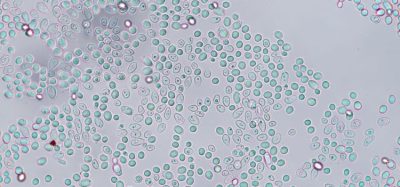Drone temperature-controlled medicine delivery programme test completed
Posted: 16 July 2019 | European Pharmaceutical Review | No comments yet
The successful pilot programme could represent an important step forward in biopharmaceutical supply chain innovation.


Direct Relief (a consortium led by humanitarian aid organisations) has announced the successful completion of a programme testing the potential to deliver temperature-controlled medicines and vaccines by using unmanned aerial vehicles (UAVs).
It is the fourth in a series of proof-of-concept missions the group has undertaken to demonstrate the potential of using UAVs to safely deliver temperature-dependent medicines and vaccines to hard-to-reach locations.
The successful pilot programme and the potential of UAV technology could represent an important step forward in biopharmaceutical supply chain innovation and for humanitarian efforts around the world.
“Experience and research consistently show that those most at risk of health crisis in disasters live in communities which are likely to be cut off from essential health care due to disruption of transportation and communications,” said Andrew Schroeder, who leads analytics programmes, data visualisation, and geospatial analytics for Direct Relief. “Drone delivery is one of the most promising answers to this problem. More remains to be done to operationalise medical cargo drones in emergencies. But successful tests like this one demonstrate that remarkable new humanitarian capabilities are emerging quickly.”
While the technology is promising, the potential viability of the technology for real-world application will depend on several factors, including tackling diverse and evolving regulatory challenges around the world.
The pilot test was conducted fully autonomously with cold-chain delivery technology allowing for precise temperature control of medicines and vaccines at temperatures as low as minus 70°C, the temperature required for storing and transporting some life-saving medicines and vaccines.
It utilised live, continuous temperature tracking through the duration of the flight with cloud-based, real-time data analysis and collection, designed to ensure safe and effective delivery.
In the test, a UAV flew over open water between the islands of the Bahamas, beyond the operator’s line of sight. The collaborators will now advance the pilot programme so the technology can be tested in Africa and Latin America.
Related topics
Big Data, Distribution & Logistics, Drug Supply Chain, Industry Insight, Supply Chain, Vaccine Technology, Vaccines









